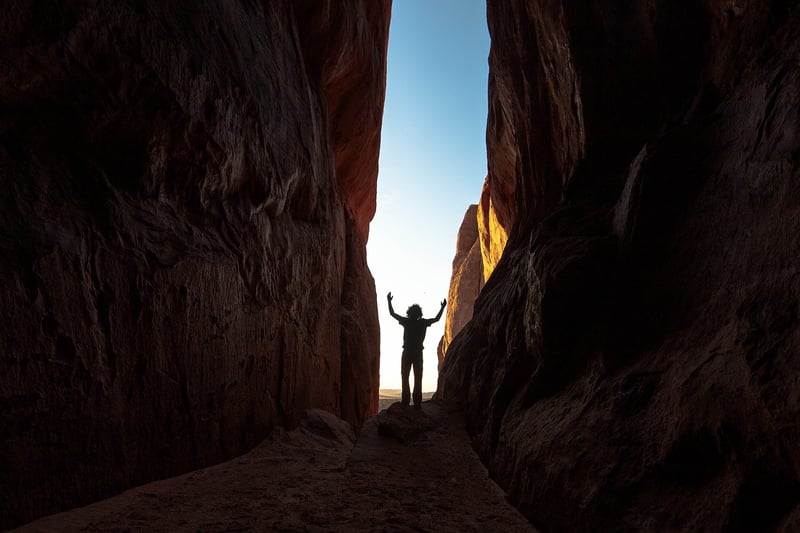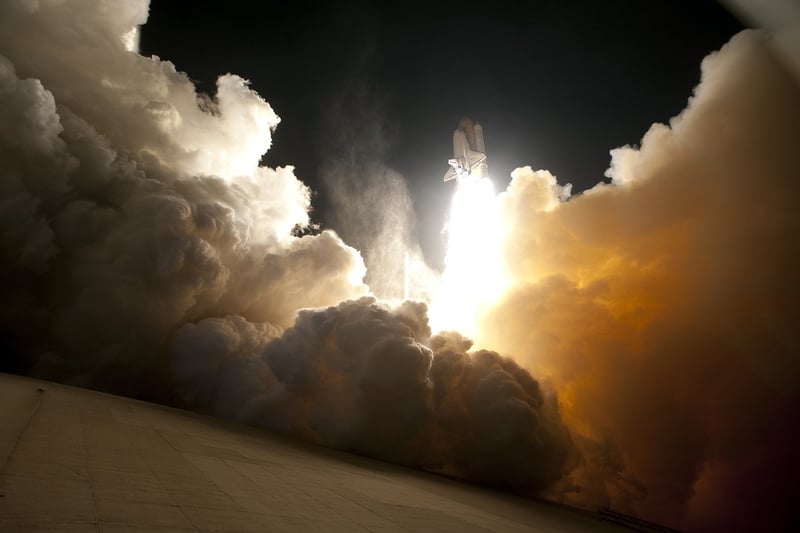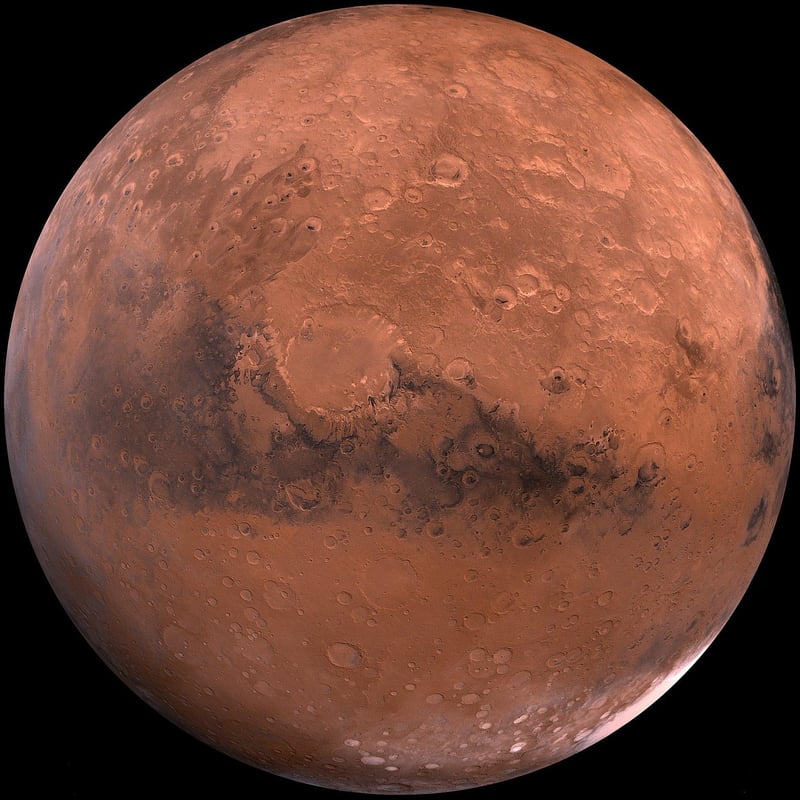Future Exploration
Exploring Different Eras and Future Exploration
Introduction to Exploration
Exploration has been a fundamental aspect of human history, driving us to discover new lands, cultures, and ideas. From ancient civilizations to modern space missions, the spirit of exploration continues to inspire us to push boundaries and seek the unknown.
Ancient Exploration
Ancient civilizations such as the Egyptians, Phoenicians, and Greeks were early pioneers of exploration, embarking on voyages by sea and land to trade, conquer, and learn about distant lands. These expeditions laid the foundation for future explorations and expanded our understanding of the world.
Image of Ancient Exploration

Age of Discovery
The Age of Discovery in the 15th to 17th centuries saw European explorers like Christopher Columbus, Vasco da Gama, and Ferdinand Magellan sail across oceans to find new trade routes and lands. This era led to the globalization of trade and the exchange of cultures.
Image of the Age of Discovery

Modern Exploration
In the modern era, exploration has extended beyond Earth to space. Space agencies like NASA and SpaceX have launched missions to explore planets, moons, and beyond. Robotic probes and manned missions have provided valuable insights into the universe.
Image of Modern Space Exploration

Future Exploration
The future of exploration holds exciting possibilities with advancements in technology. From manned missions to Mars to deep-sea exploration, humans are poised to uncover new frontiers and expand our knowledge of the world and beyond.
Image of Future Exploration

Conclusion
Exploration is a testament to human curiosity and ingenuity. By exploring different eras and embracing future exploration, we continue to push the boundaries of what is possible and inspire future generations to reach for the stars.
